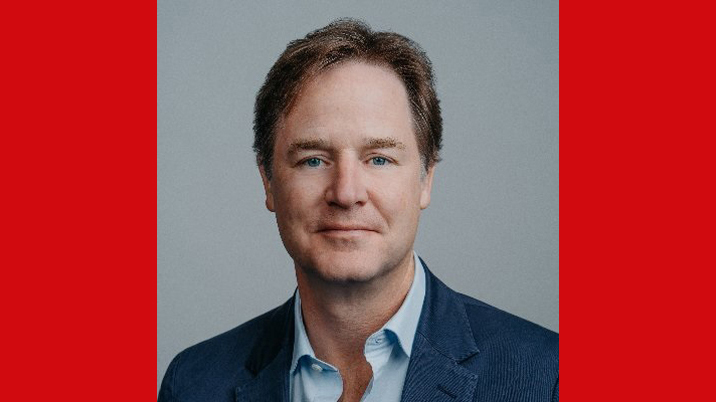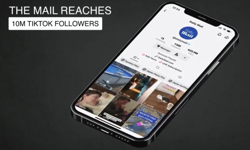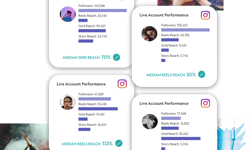
The former British deputy prime minister told an Australian Strategic Policy Institute forum: "There's some foundational principles amongst democracies on privacy, on transparency, on accountability, on free expression on open data flows, which I think are essential to keep the global internet as innovative as it is. We need to release more and more data. We need to provide more access to researchers to do their own research using our data. Thankfully, the vast majority of content that is on social media is good, it's innocent, it's playful, it's positive."
He added, “It is clearly not right that people like me, or sometimes (Facebook founder) Mark Zuckerberg or others, are having to make decisions about what sort of content can stay up or be taken down.”
He said, “Not all regulation is good, but of course regulation needs to be introduced.”
Australian Foreign Affairs Minister Marise Payne, also speaking to the forum, said that technology companies needed to bear some of the responsibility for the way their platforms were used.
She said, “There is still a responsibility that we have to address these questions from the perspective of government, from the perspective of technology, platforms, and of course, from the views of civil society in the community as well.”
She mentioned that international blocs, like the Quad group consisting of the USA, India, Japan, and Australia, and global bodies like the United Nations were already in talks to agree on how best to apply the law in regulating online content.
“We do have to be very clear that the rule of law that applies offline has to apply online. Rules of the road are what enable road users to stay safe, same with users online. Being able to identify the difference between free speech and malicious disinformation...is important,” she said.
Keep up-to-date with publishing news: sign up here for InPubWeekly, our free weekly e-newsletter.










